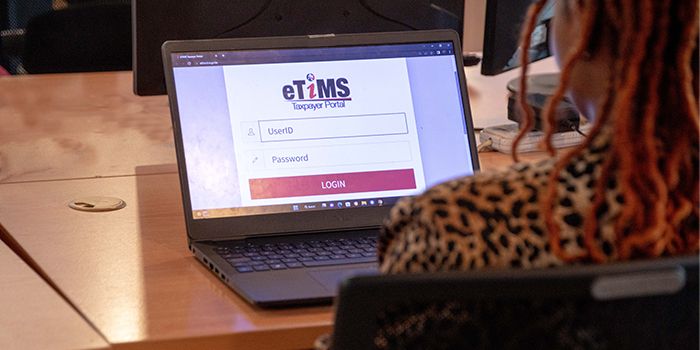The Kenya Revenue Authority (KRA) has responded to recent feedback regarding the implementation of the electronic Tax Invoice Management System (eTIMS) with a clear statement aimed at addressing concerns and clarifying key points.
Confidentiality of Information
KRA emphasized its commitment to upholding the confidentiality of all information transmitted through the eTIMS platform, in line with the provisions of the Tax Procedures Act, 2015. The authority assured taxpayers that the details captured in invoices do not include confidential taxpayer information, but rather transaction details typically found on any invoice or receipt issued to customers.
Invoices as Evidence of Income
The press statement clarified the purpose of invoices as evidence of business transactions, essential for both recording income and facilitating payments. Notably, in cases where the cost of a service or good is subsequently reduced after an invoice has been issued, suppliers have the capability to issue credit notes through the eTIMS platform, effectively adjusting the invoice value accordingly.
eTIMS Solutions
KRA outlined various solutions available for businesses seeking to onboard eTIMS, each tailored to suit specific user needs. These solutions include:
eTIMS Lite: Designed for non-VAT registered taxpayers with minimal transactions, accessible via the eCitizen portal and USSD invoicing solution.
eTIMS Online Portal: Tailored for service sector taxpayers, accessible through a web browser.
eTIMS Client: A downloadable software catering to taxpayers dealing in goods or both goods and services, supporting multiple branches and pay points/cashier tills.
eTIMS System-to-System Integration: Providing seamless integration of existing business invoicing systems with eTIMS, either through Viral Sales Control Unit (VSCU) or Online Sales Control Unit (OSCU).
Taxpayers have the option of self-integration using internal resources or seeking assistance from authorized third-party integrators listed on the KRA website. Additionally, KRA reiterated its commitment to guiding the public on suitable solutions for their businesses and supporting them through the onboarding process.
In closing, the Commissioner for Domestic Taxes reaffirmed KRA’s commitment to collaboration with all taxpayers and sectors to facilitate compliance with tax laws and ensure business continuity.
















